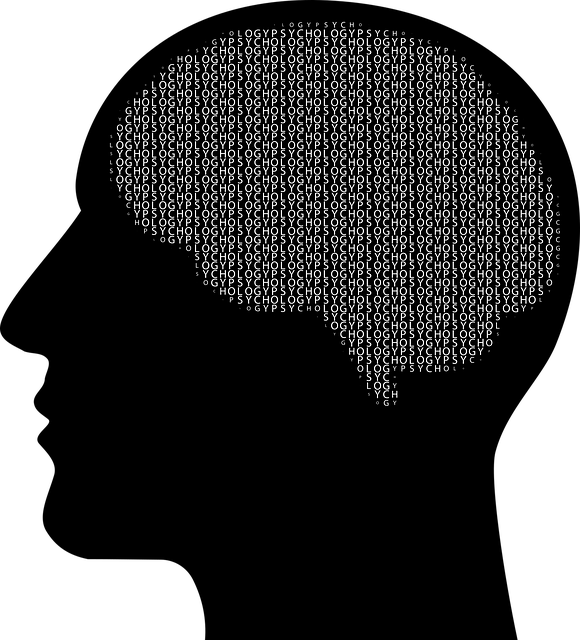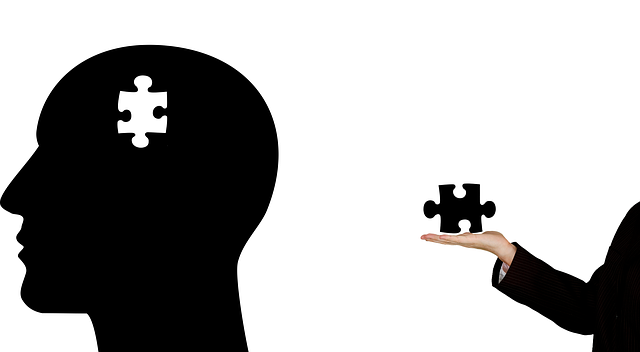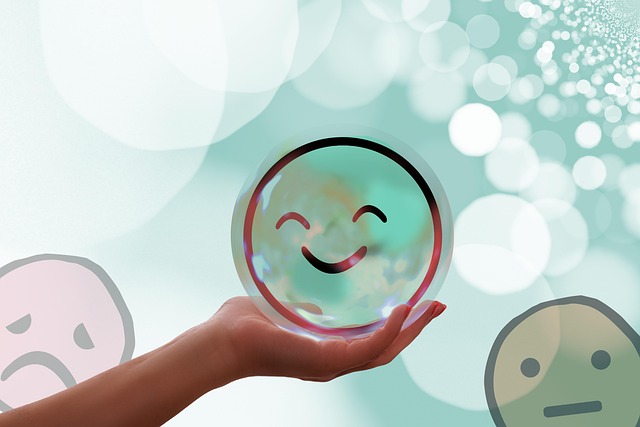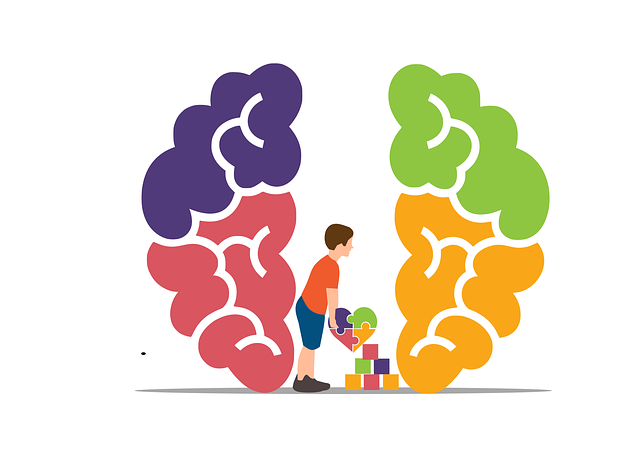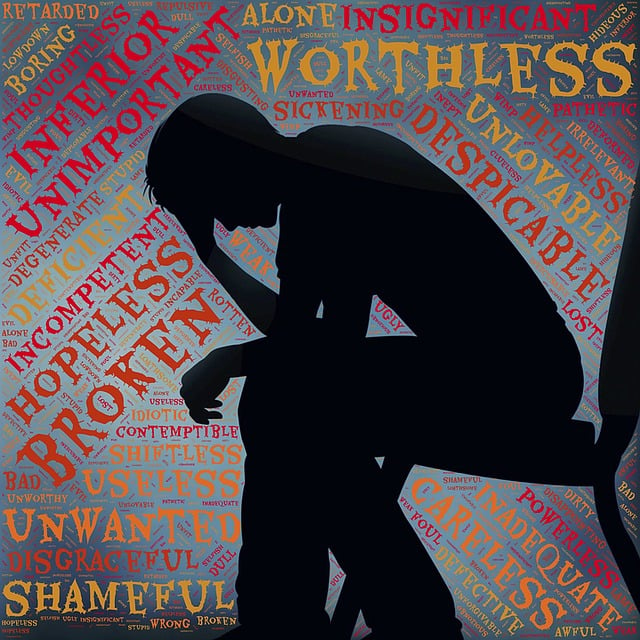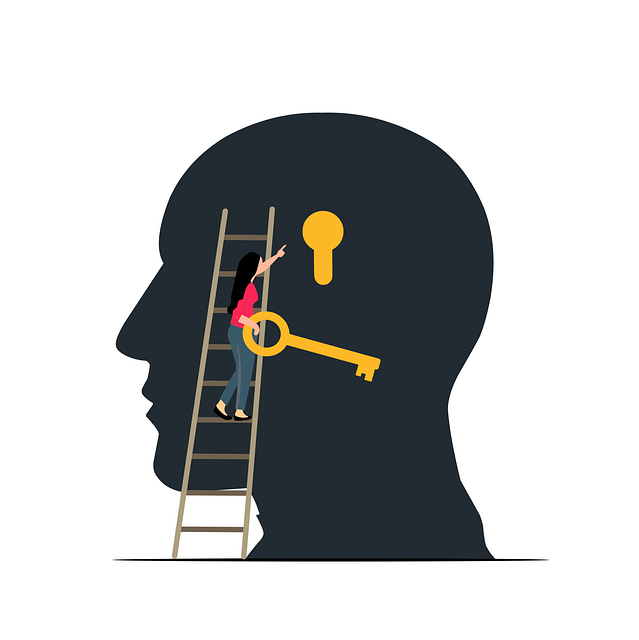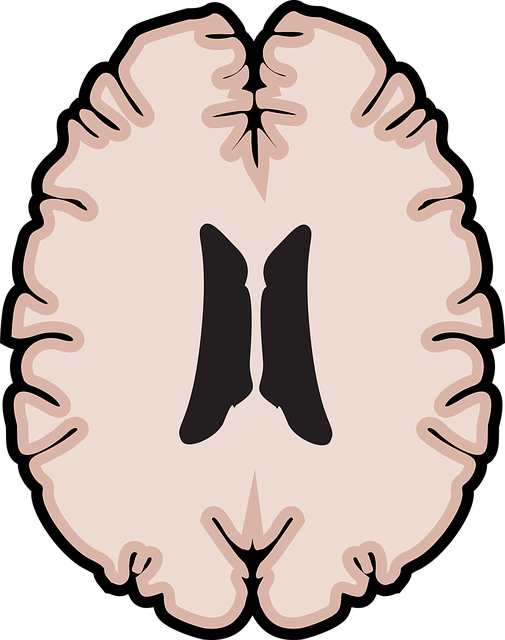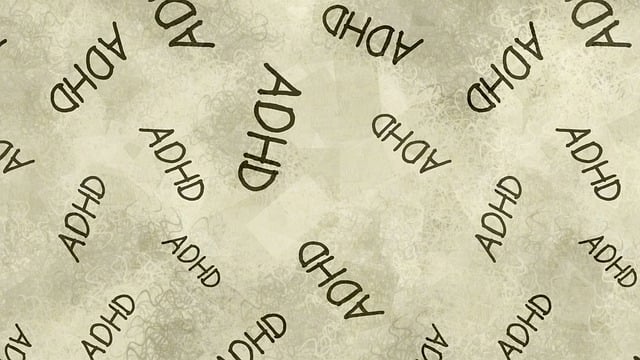Therapy tailored for elders with learning disabilities is crucial for their self-care and well-being. By combining Mind Over Matter principles, conflict resolution, and stigma reduction, therapy equips them with skills to navigate challenges and maintain independence. Incorporating tailored self-care routines, emotional intelligence development, and addressing unique aging issues significantly improves their quality of life. Therapy provides a safe space to break down complex tasks, build empathy, educate on mental health, and empower individuals to advocate for their self-care needs.
Self-care is an essential aspect of maintaining physical and mental wellbeing, especially for elders with learning disabilities. This comprehensive guide explores the significance of self-care practices tailored to this demographic, highlighting potential drawbacks of neglect. We delve into strategies for adopting healthy routines, addressing barriers, and providing professional support. Understanding the impact of therapy on elders with learning disabilities is crucial; it can transform their lives by enhancing independence, quality of life, and overall wellbeing.
- Understanding Self-Care for Elders with Learning Disabilities
- The Impact of Neglected Self-Care on Elderly Wellbeing
- Strategies for Incorporating Effective Self-Care Routines
- Overcoming Barriers to Self-Care Practice in Later Years
- Professional Support and Resources for Enhanced Self-Care
Understanding Self-Care for Elders with Learning Disabilities

For elders with learning disabilities, self-care is a crucial aspect of maintaining physical and mental well-being. Understanding their unique needs involves recognizing that these individuals often face challenges in accessing and engaging with typical self-care practices. Therapy for Elders with Learning Disabilities plays a pivotal role in empowering them to take charge of their health and happiness.
Mind Over Matter principles, such as encouraging positive thinking and emotional regulation strategies, can be adapted to suit their needs. Conflict resolution techniques, learned through therapeutic interventions, help them navigate interpersonal challenges, fostering a sense of independence and self-worth. Additionally, Mental Illness Stigma Reduction Efforts are essential in creating inclusive environments where these elders feel comfortable seeking support for various aspects of their well-being, including self-care routines.
The Impact of Neglected Self-Care on Elderly Wellbeing

Neglected self-care among the elderly can have profound implications for their overall wellbeing and quality of life. As people age, maintaining robust mental wellness becomes increasingly vital to supporting independence and a fulfilling existence. Unfortunately, many older adults struggle with consistent self-care practices due to various challenges. These might include physical limitations, social isolation, or cognitive changes that impact daily routines.
When left unaddressed, this can lead to a cascade of issues, such as increased anxiety, depression, and even exacerbation of pre-existing conditions. For elders with learning disabilities, the consequences can be especially severe. Effective risk management planning for mental health professionals involves recognizing these potential pitfalls and implementing strategies that cater to the unique needs of this population. Prioritizing self-care is not merely a personal choice but a crucial aspect of therapy for elders with learning disabilities, ensuring they receive holistic support tailored to their specific circumstances.
Strategies for Incorporating Effective Self-Care Routines

Incorporating effective self-care routines can be transformative, especially for older adults with learning disabilities who may face unique challenges. The first step is to identify individual needs and preferences. This could involve collaborating with Trauma Support Services or therapists specializing in elder care to tailor activities that promote emotional well-being. Starting small, perhaps with a daily walk or mindful meditation sessions, can make a significant difference over time.
Promoting Emotional Intelligence is another crucial strategy. Encouraging the practice of journaling, engaging in creative outlets, or simply allowing for quiet reflection can help individuals process emotions and build coping mechanisms. By integrating these practices into their routines, individuals with learning disabilities can enhance their confidence boosting abilities, fostering a sense of control and resilience in their daily lives.
Overcoming Barriers to Self-Care Practice in Later Years

As individuals age, they often face unique challenges that can hinder their ability to engage in self-care practices. Overcoming barriers to self-care for older adults is crucial, especially when considering the specific needs and complexities of this demographic. Many elderly folks might struggle with physical limitations, chronic illnesses, or cognitive changes, which can make it difficult to maintain a healthy routine. For instance, a senior citizen living alone might find it challenging to prepare nutritious meals due to reduced mobility, leading to an unhealthy diet.
Additionally, the potential for social isolation is a significant concern. Retirement and the loss of peers through time can result in fewer social interactions, which are vital for emotional well-being. This lack of connection may contribute to feelings of loneliness and depression, further impacting their motivation to engage in self-care activities. Incorporating therapy for elders with learning disabilities or cognitive impairments is essential here, as it can help them develop coping mechanisms and enhance their overall quality of life. Burnout prevention strategies for healthcare providers can also be adapted to support older adults, fostering a sense of community and encouraging the practice of emotional intelligence and healing processes.
Professional Support and Resources for Enhanced Self-Care

For those with learning disabilities or aged individuals seeking to improve their self-care practices, professional support and resources play a pivotal role. Therapy specifically tailored for elders with learning disabilities offers a safe space to navigate challenges unique to their situations. These sessions can help break down complex tasks into manageable steps, promoting independent living. Moreover, therapists employ empathy building strategies, fostering understanding and ensuring individuals feel heard and respected.
Effective self-care is not just about individual effort; it’s enhanced through structured programs designed with mental health education in mind. These programs teach valuable communication strategies that facilitate open dialogue, encourage support networks, and enable individuals to advocate for their needs. By combining therapy, empathy building, and mental health education, people can gain the tools and confidence needed to prioritize self-care throughout their lives.
In conclusion, prioritizing self-care is an essential aspect of promoting holistic wellbeing among elderly individuals with learning disabilities. By understanding their unique needs and implementing tailored strategies, we can significantly enhance their quality of life. The article has explored various avenues, from recognizing the impact of neglected self-care to providing practical solutions and professional resources. Incorporating effective routines and overcoming barriers can empower elders to take an active role in their care, fostering independence and overall happiness. Remember that, with the right support and knowledge, we can revolutionize self-care practices for this demographic, ensuring they receive the nurturing they deserve.
